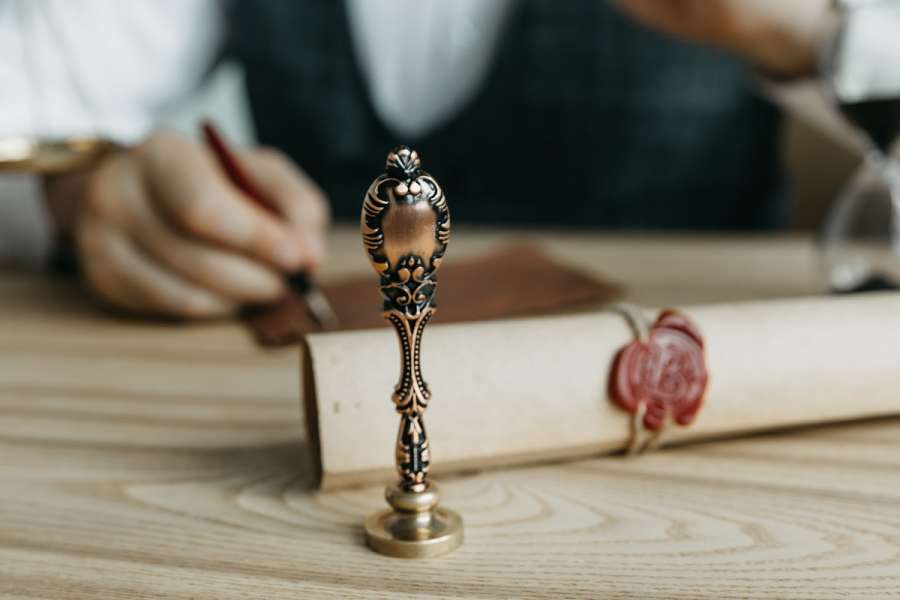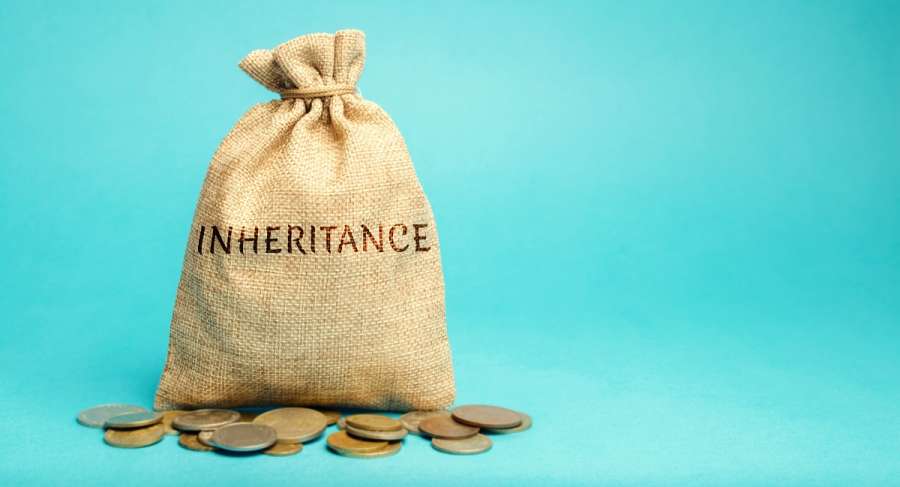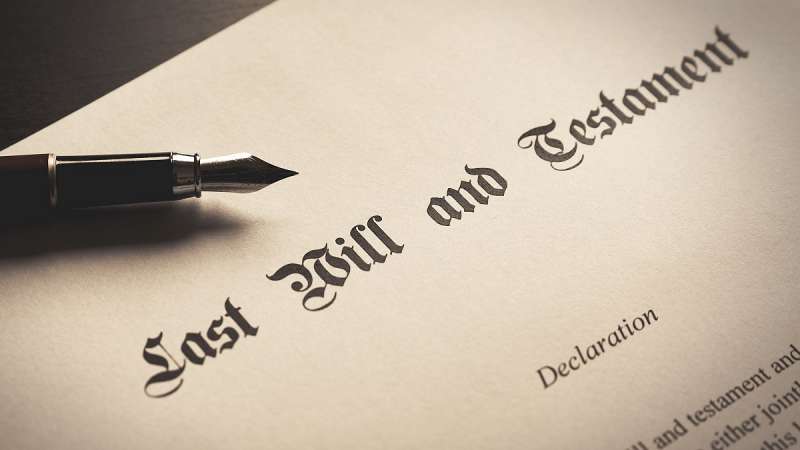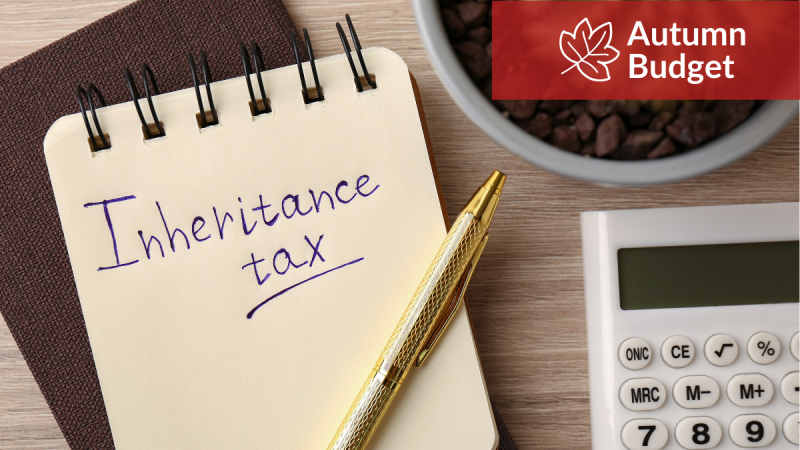
Making gifts during your lifetime is an effective way to reduce the value of your estate for IHT purposes and, consequently, the amount of IHT payable in the event of your death. Gifting assets whilst you are alive, rather than waiting to gift assets via your Will could ensure that you ultimately pass on a much larger legacy to your loved ones.
Following the 2024 Autumn Budget, the Chancellor announced that from April 2027 unused pension funds and death benefits will now be included within an individual’s estate for IHT purposes.
Pensions are not normally subject to IHT, and therefore, the proposed changes could dramatically increase your estate's size, resulting in even more tax being payable in the event of your death.
Therefore, it may be more important than ever to commence your estate planning and consider making lifetime gifts as soon as possible to reduce your IHT burden.













